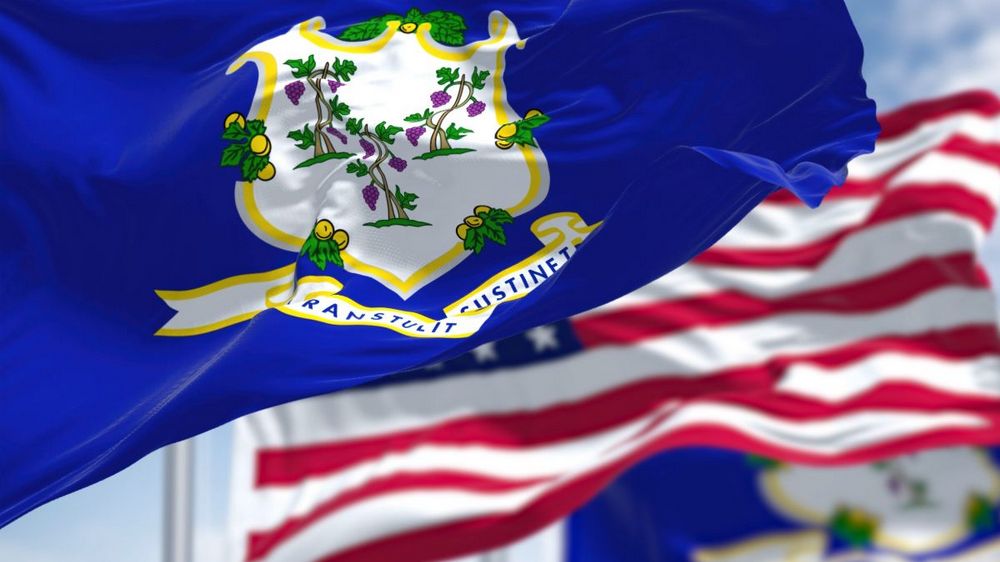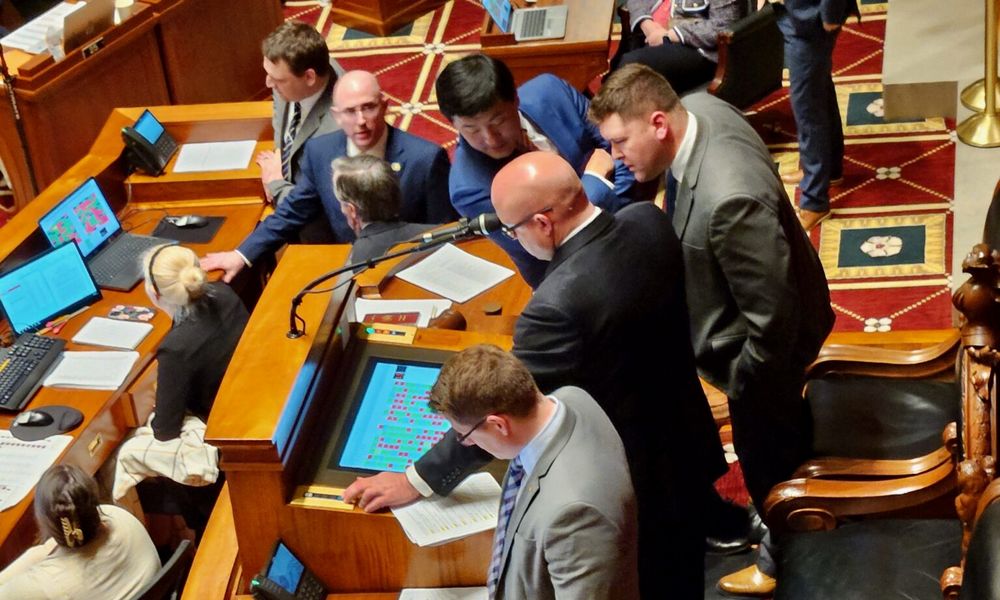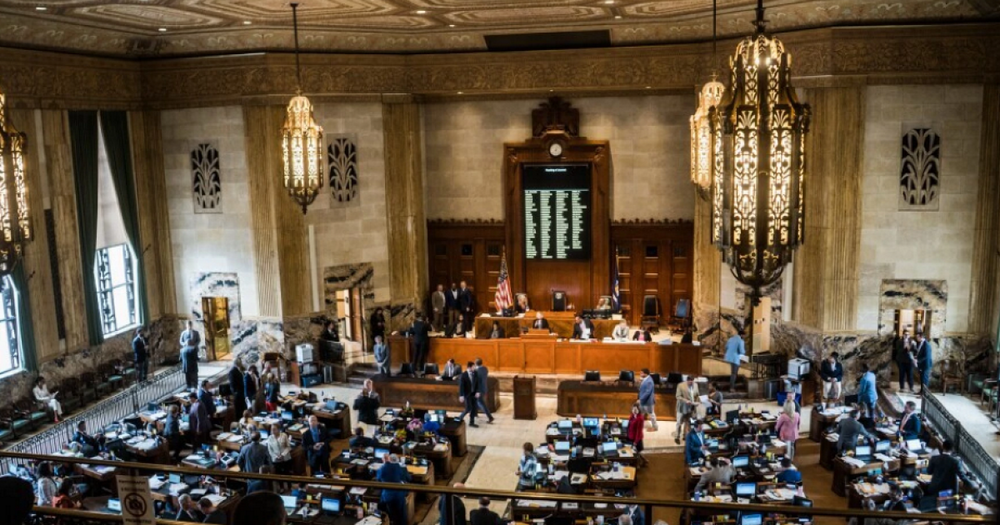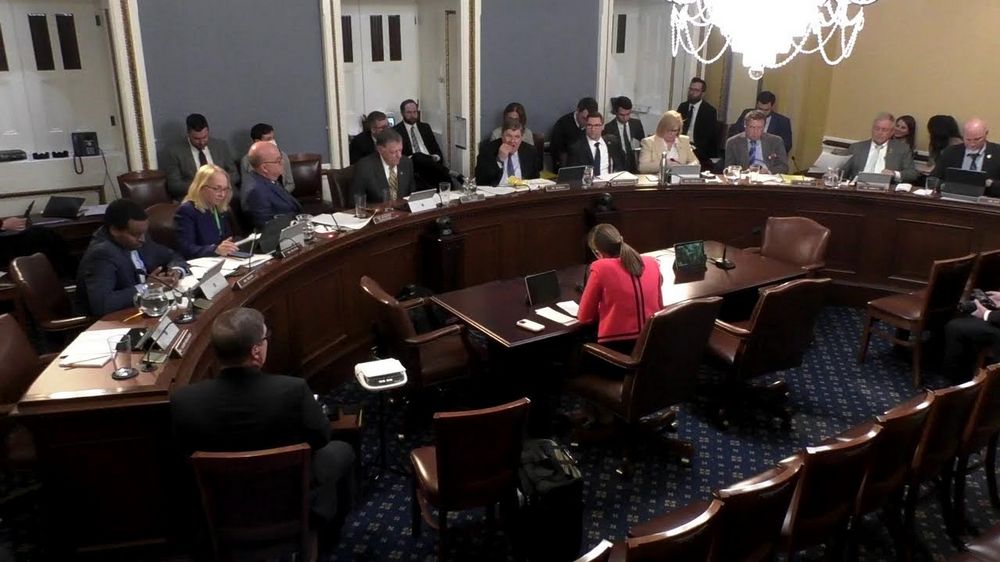Starting in 2026, Arkansas gamblers will face a tighter cap on how much of their losses they can deduct from gambling winnings—marking a subtle but strategic shift in the intersection between state tax code and the gaming economy.
Under the new rule, only 90% of reported gambling losses will be deductible, compared to the current 100% allowance. While the change may seem minor at face value, its implications ripple across high-stakes betting activity, tax planning strategies, and state-level policy dynamics.

The adjustment stems from broader federal tax realignments and reflects Arkansas’s attempt to mirror IRS deduction constraints while maintaining fiscal balance. Essentially, taxpayers will only be allowed to claim losses up to 90% of their reported winnings, and not a penny more—even if their net gambling activity was negative.
Industry insiders from properties like Saracen Casino and Oaklawn Racing downplayed the immediate impact, citing that casual bettors rarely hit thresholds where deductions are itemized. In contrast, professional gamblers and VIP clients may need to reevaluate their filing strategies, especially if their annual gaming transactions cross six or seven figures.

Experts argue that the rule serves two purposes:
- Protecting state revenues by slightly inflating taxable income from high-earning gamblers.
- Discouraging exaggerated loss reporting, a practice often criticized for enabling tax shielding behavior.
Economists note that the state’s gambling sector generates hundreds of millions in annual revenue, with consistent year-over-year growth. Though this measure is unlikely to derail foot traffic or wagering volume, it introduces a new compliance layer for accountants and tax attorneys serving casino clientele.
Meanwhile, legal analysts believe the move opens the door to more nuanced gaming tax reforms across the U.S., particularly in states with recently legalized online betting. Arkansas’s decision could become a testing ground for other jurisdictions considering similar offsets between revenue collection and individual loss declarations.
For now, casino operators appear content to let the dust settle. But for high rollers and advisors, the message is clear: starting 2026, you’ll pay a little more attention to every line on your W‑2G.








































